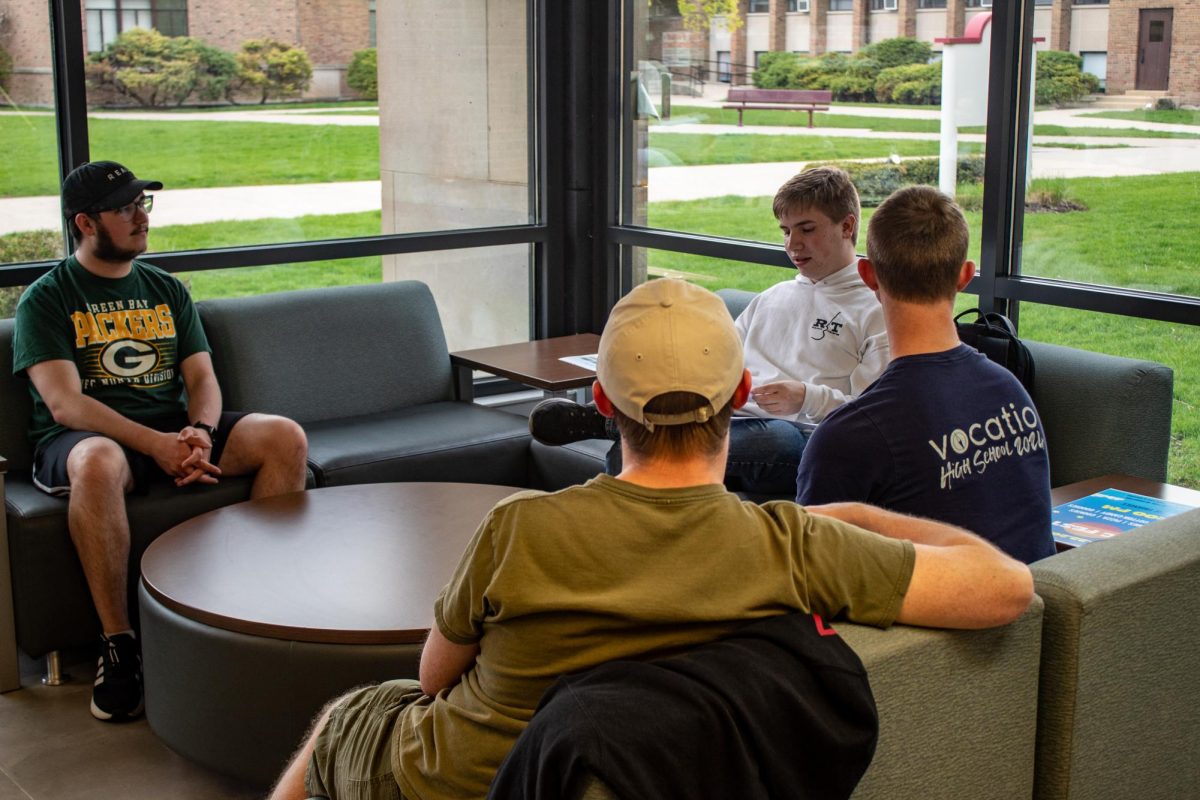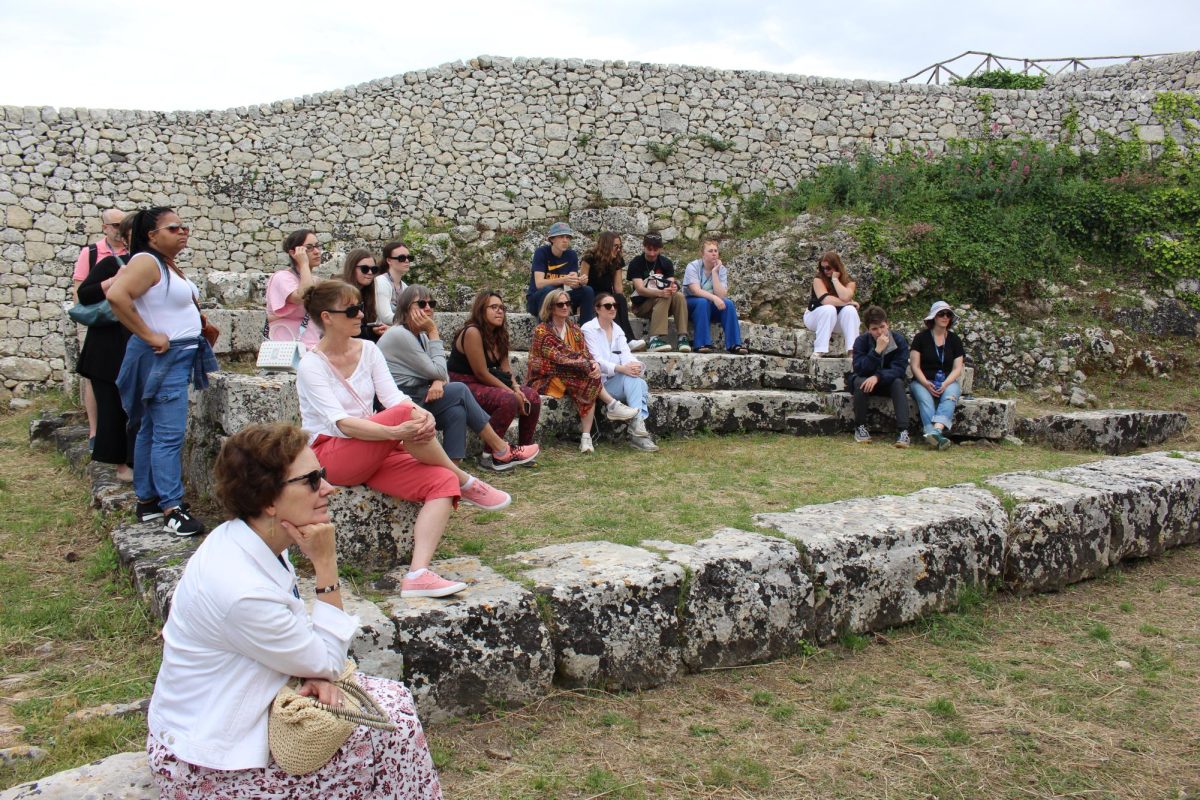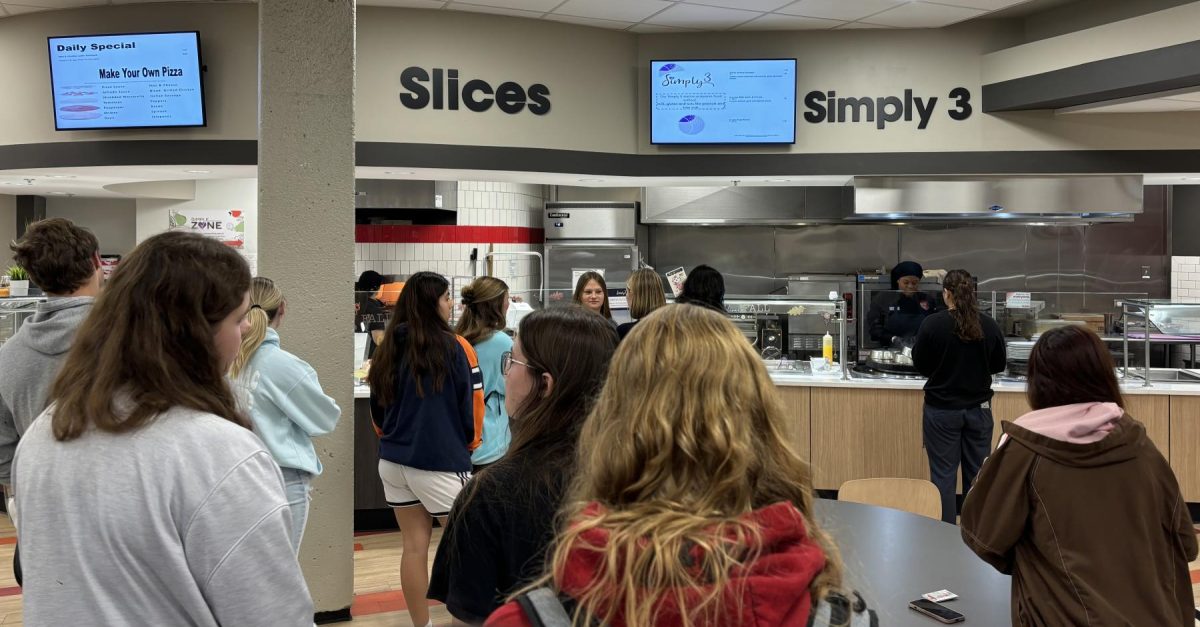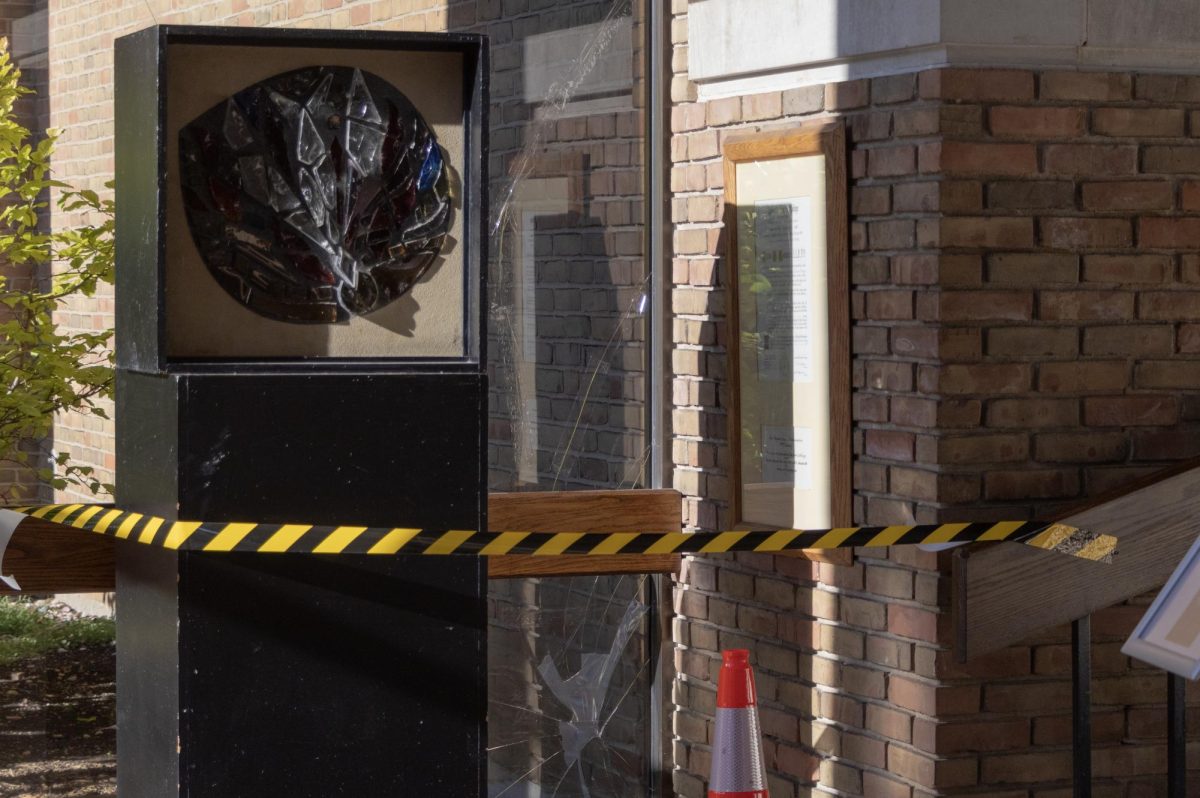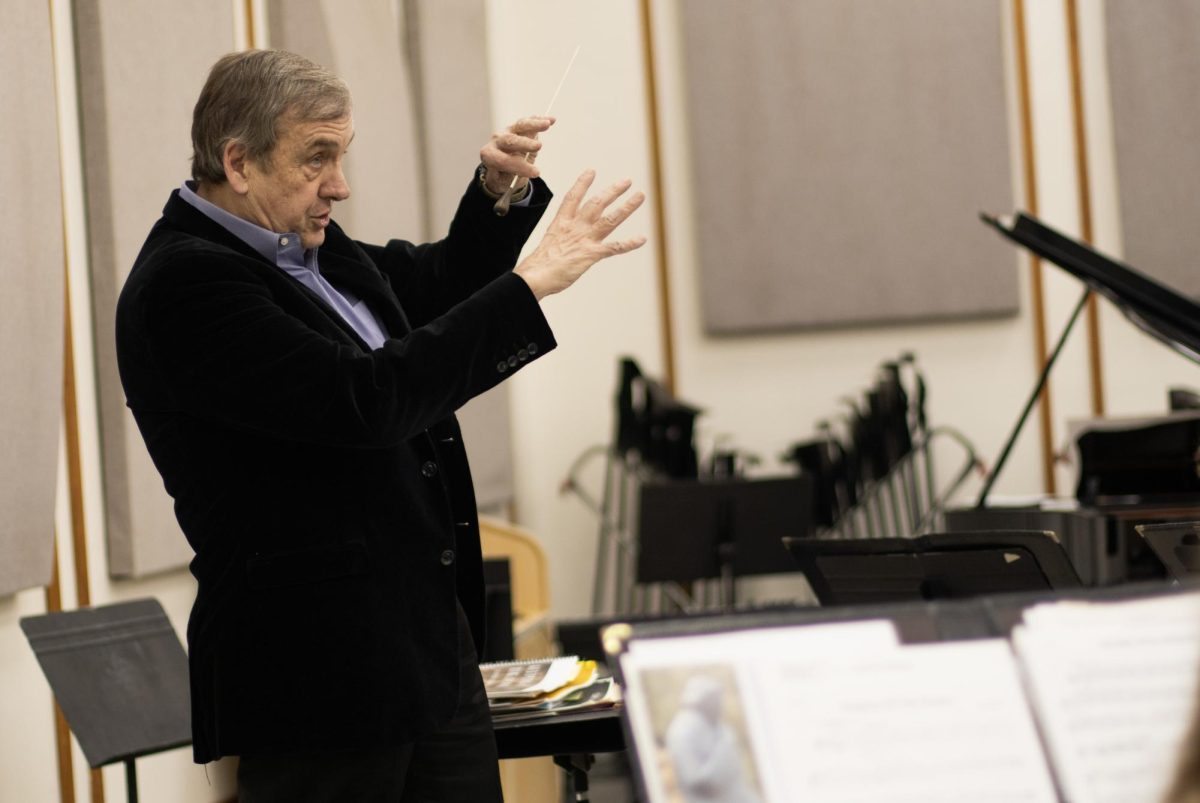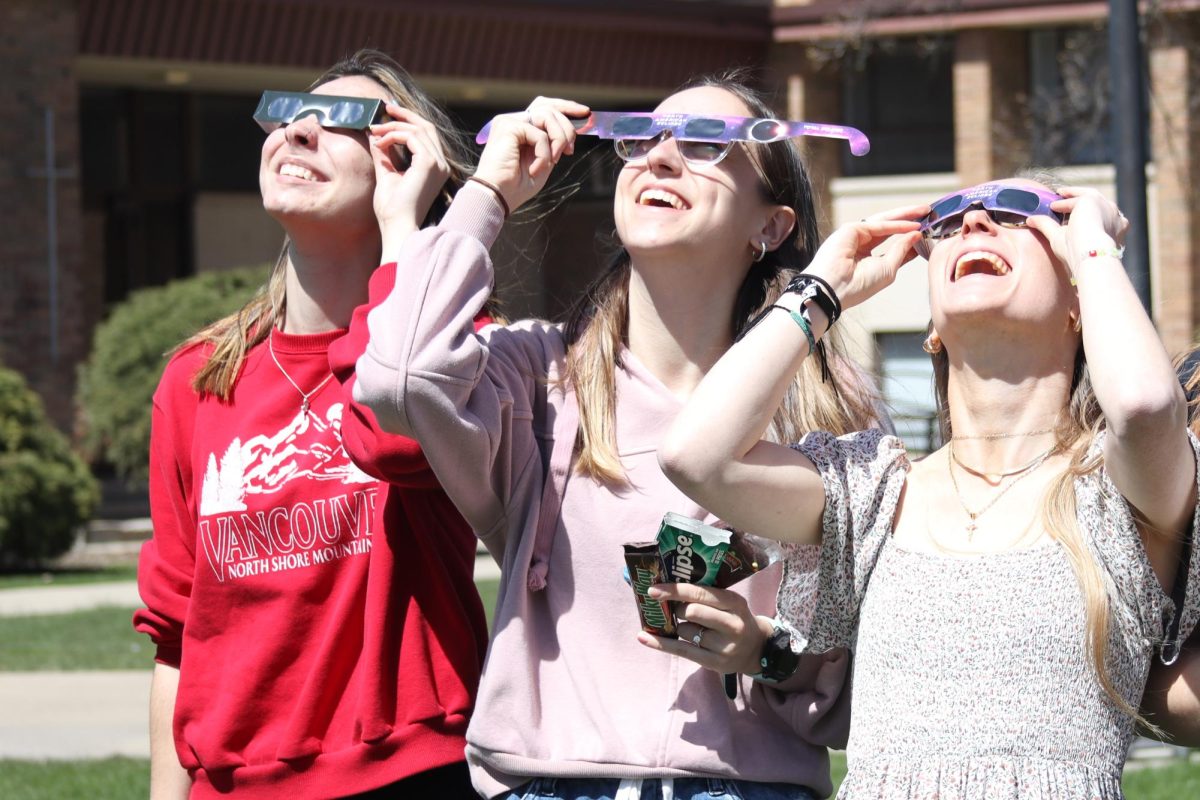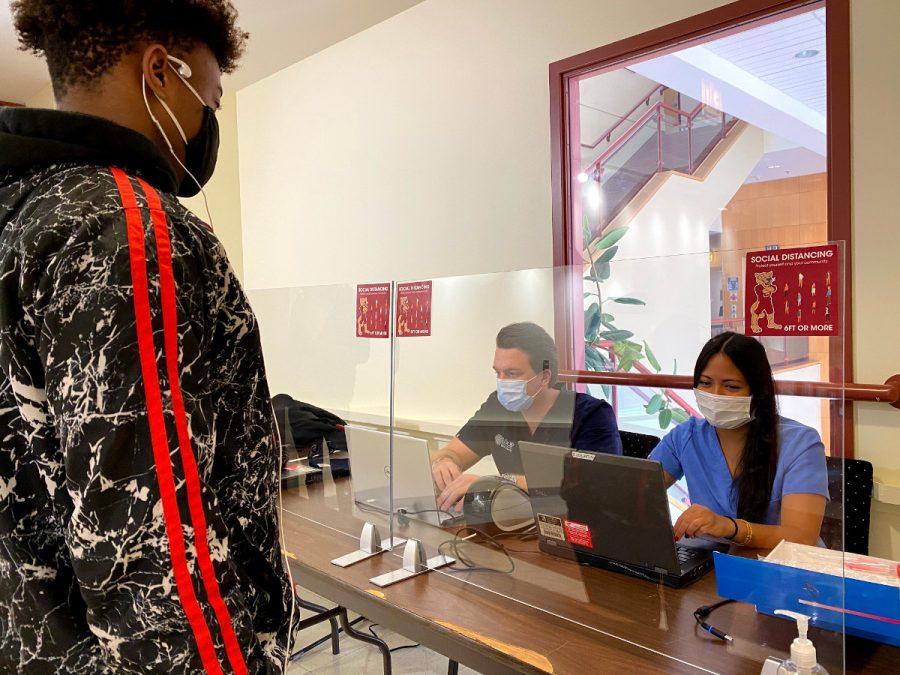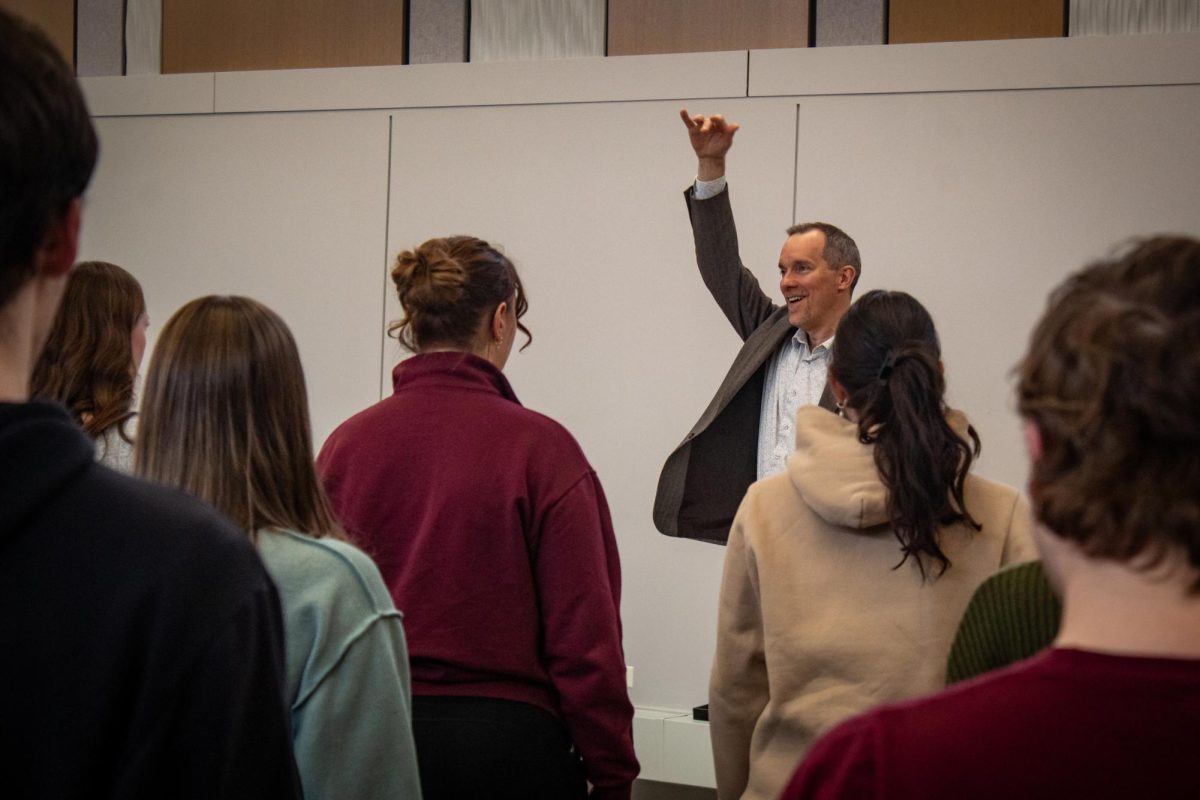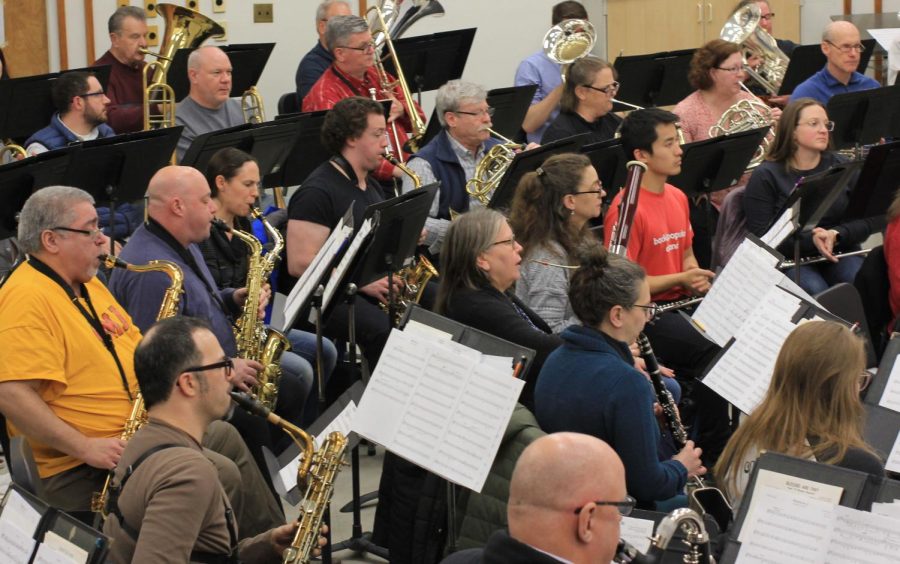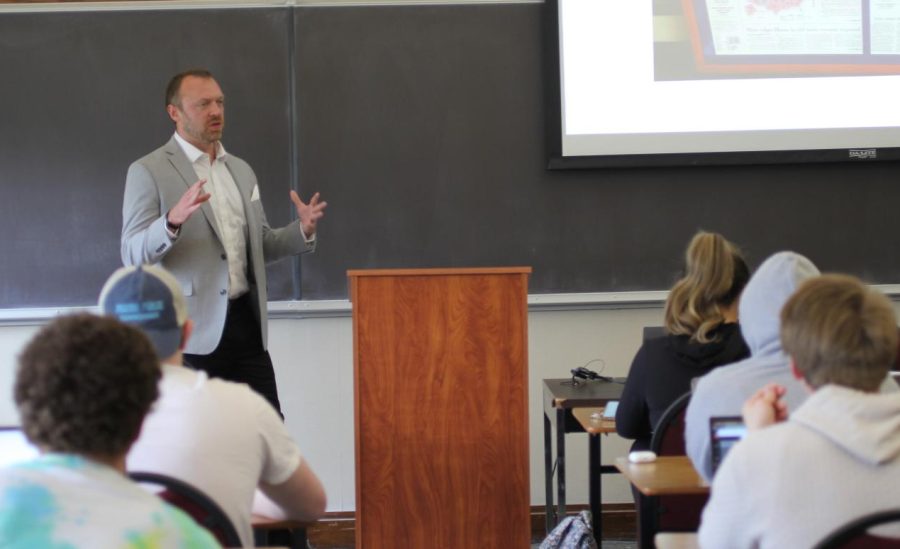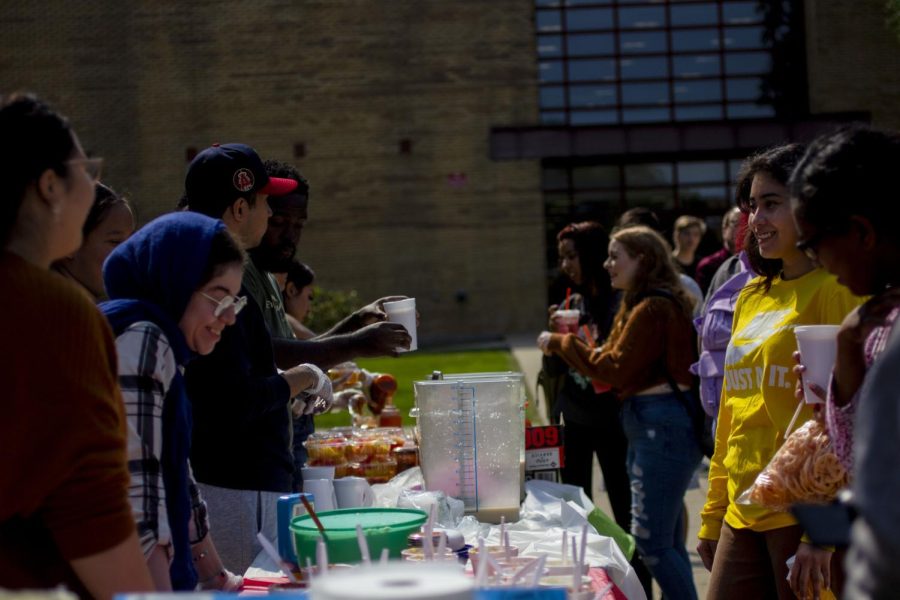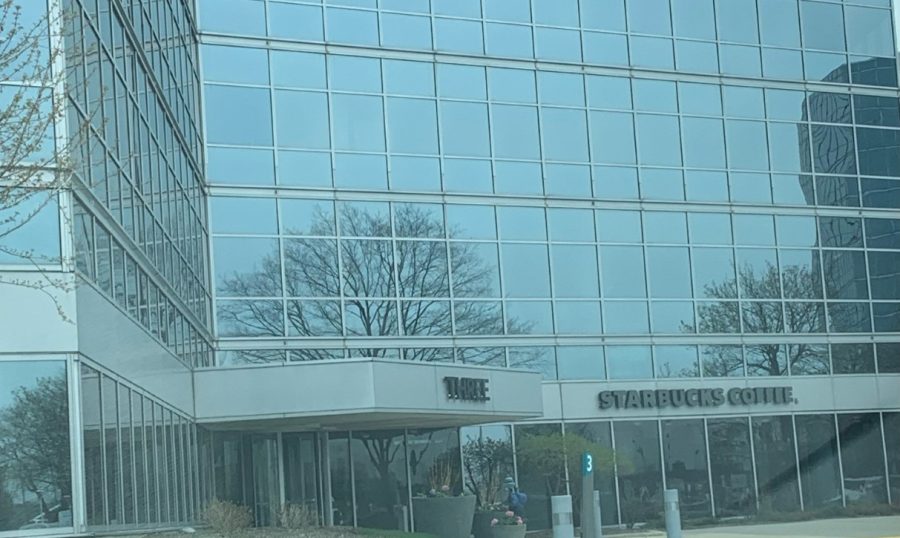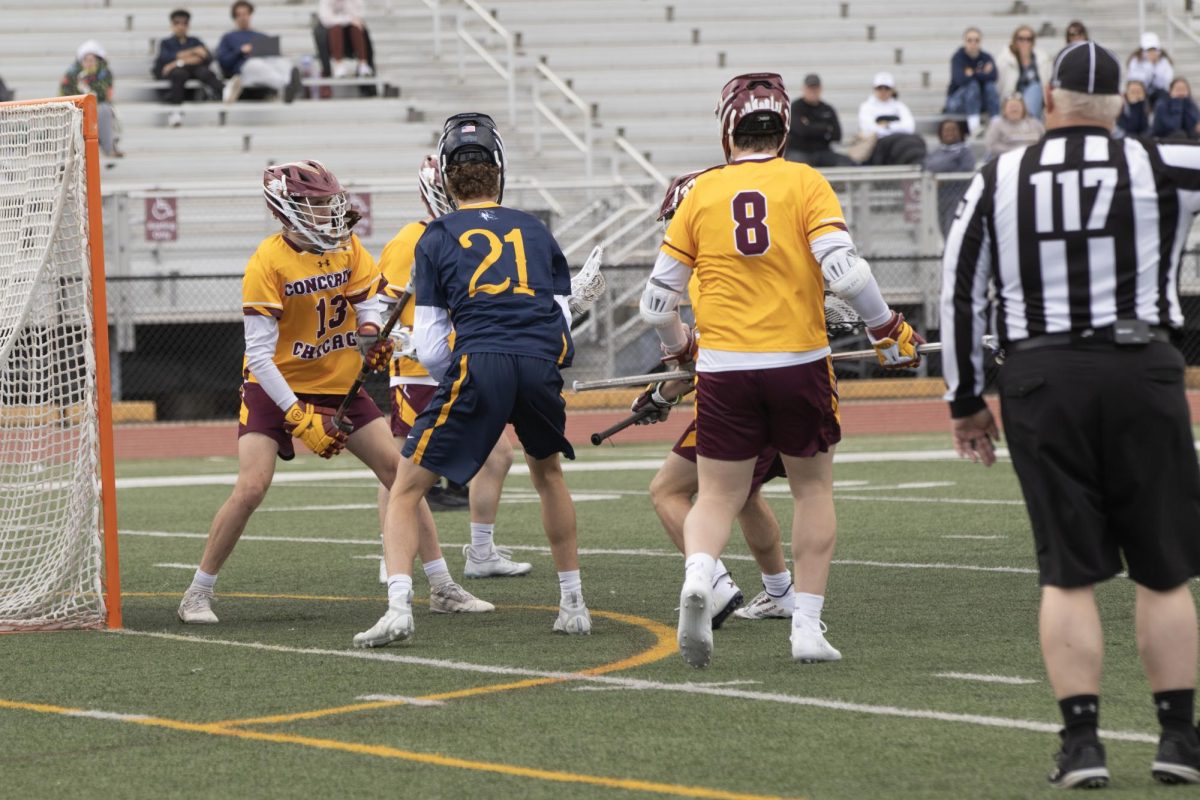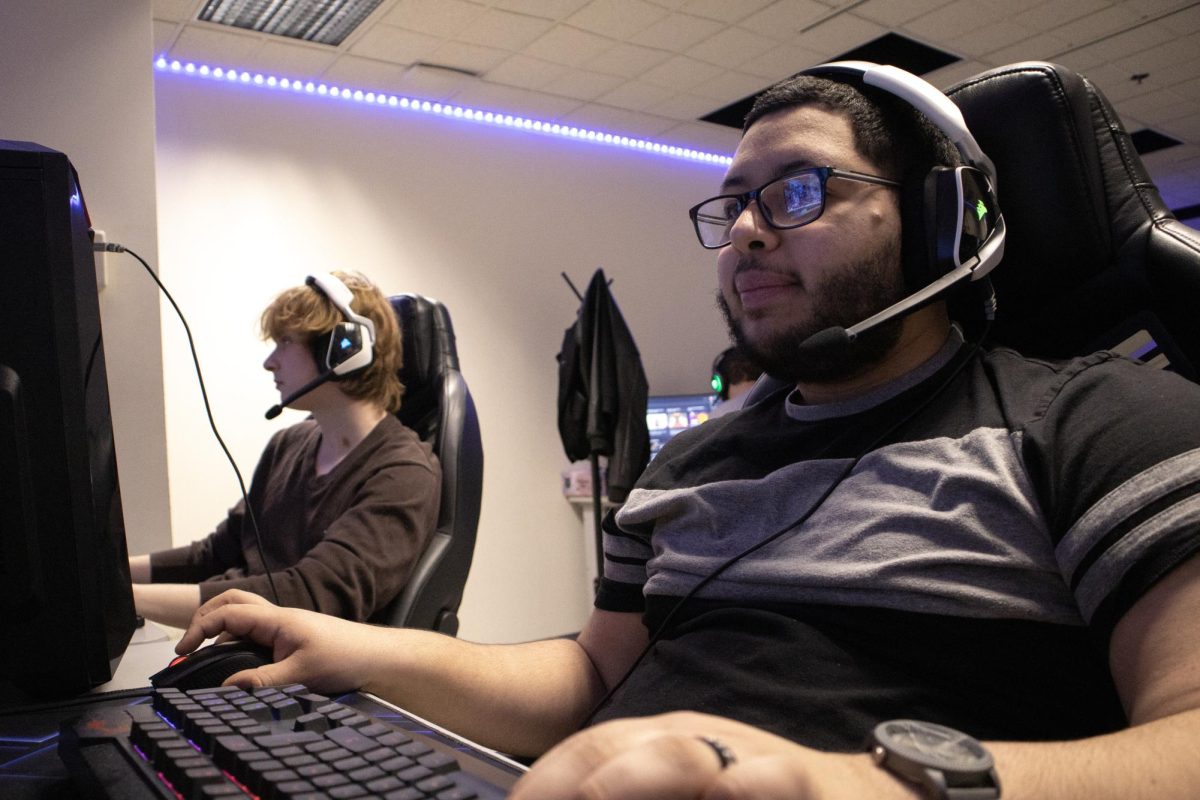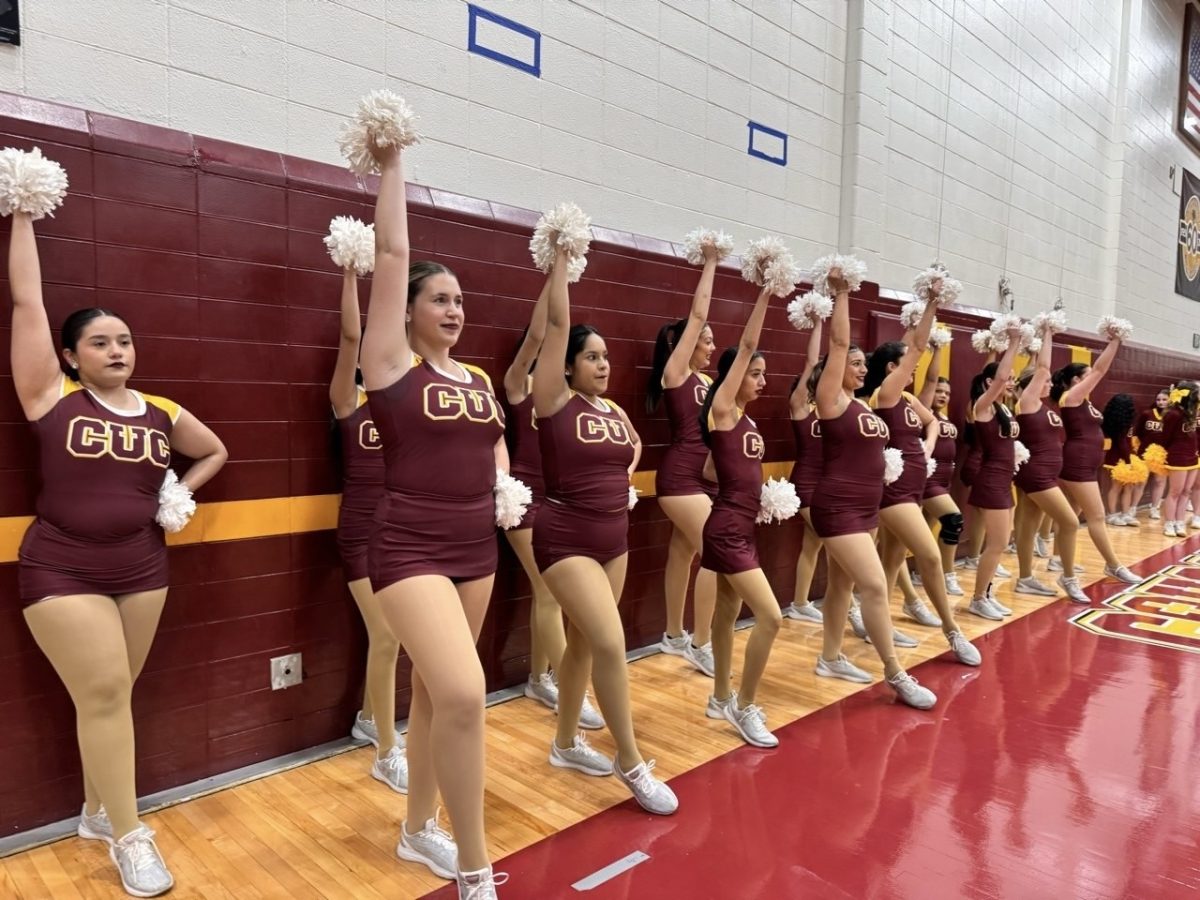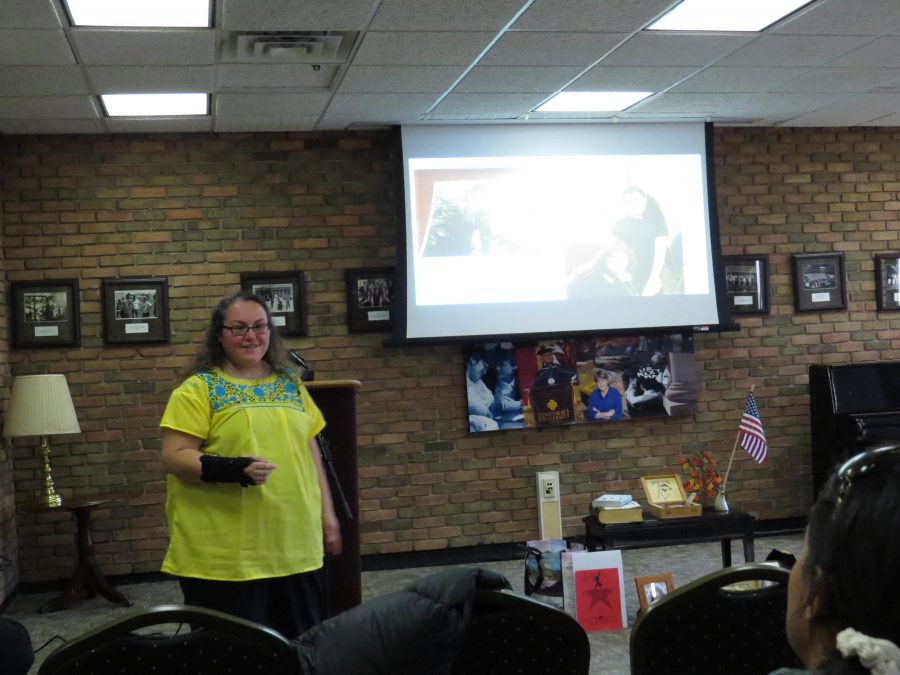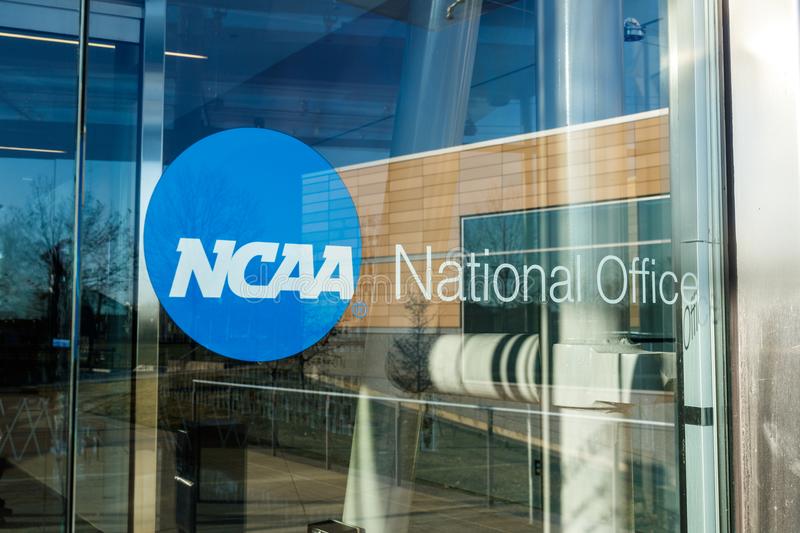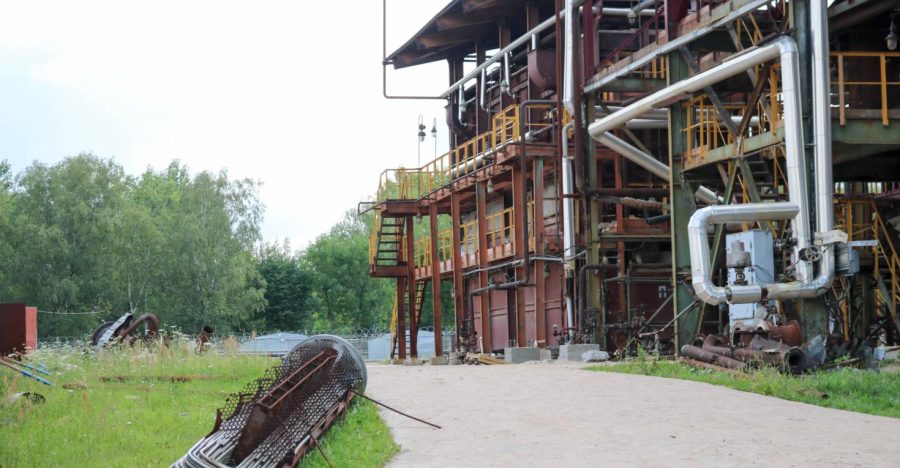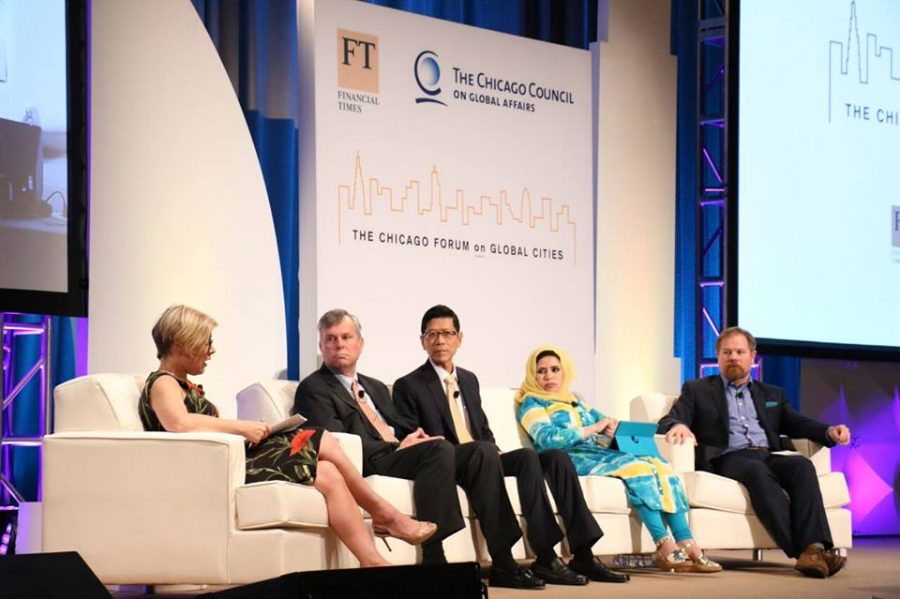The Chicago Forum on Global Cities began 1 June 2016 and ran through 3 June. The forum was facilitated by The Chicago Council on Global Affairs and The Financial Times. Attendees included 600 delegates from 25 countries, panel members were company CEO’s, artists, mayors, educators and other civic leaders. The discussions centered on the role global cities play in the world and the future roles they will play as urban populations continue to grow.
The opening session was held at the Field Museum. It began with welcomes, including a brief speech by Chicago Mayor Rahm Emanuel. Mayor Emanuel cited three separate studies of 100 global cities, Chicago consistently ranked in the top ten. He went on to state Chicago has an economic plan to invest in talent, transportation and technology, investments that will keep Chicago a leading global city.

Following the Mayor’s remarks was a panel discussion The Power and Limitations of Global Cities. The discussions focused on challenges the world is facing and how global cities, rather than countries can solve those problems. This was a fascinating discussion beginning with the fact that two thirds of the world’s population will reside in cities by 2050 and the entire world’s population will be urban by 2100. The discussion continued with climate change, the difficulties in financing the enormous cost of running large cities and other looming problems. Brexit was also discussed, as it was in other panel discussions.
Thursday 2 June the forum began at 8:45 am with two plenary sessions at the Art Institute, Cultural Heritage and Modernization followed by Global Threats to the Global City. The first was a discussion on how to make cities more livable, more comfortable, more vibrant. The second was an intriguing discussion focusing on terrorism and pandemics, two very real threats which continue to grow as cities grow. The discussion brought up many new ideas in possible disasters, enough to give listeners plenty of reasons to lay awake at night. For instance there have been more than 1.3 million private drones sold and the number is expected to reach more than 4 million in the near future. Imagine the havoc these small machines can wreak. The threat of high tech terror to power stations or the power grid, panelists pointed out that 72 hours is the absolute maximum amount of time a large city can survive without power before anarchy sets in. Tan Chorh Chuan, the President of the National University of Singapore explained how easily disease can spread unabated in large cities and from city to city. He used the SARS pandemic as an example; it started with one person but in a very short time infected 8,000 internationally. Fortunately the panel did have many ideas on ways to combat looming problems.

Friday the last day of the forum consisted of two morning plenary sessions The Tale of Two Cities and Disruptive Technologies and the Sharing Economy followed by lunch at the Palmer House with a panel discussion Climate Change and Global Cities.
The Tale of Two Cities was about the difference between the poor and the rest of the population in cities. It focused on the rising cost of housing, poor schools in less affluent areas and unemployment. It was the general consensus that educational opportunities must be improved including trade schools. Lack of qualified laborers to build new housing quickly is one reason housing costs are rising.
Disruptive Technologies and the Sharing Economy focused on new technologies that are changing business as usual. Sharing technologies like the new Uber Pool are hoped to cut auto congestion and pollution as well as the parking problem most cities face. There was also much discussion on the changes self-driving cars will bring to cities. It was pointed out, linking back to the earlier discussion The Tale of Two Cities, 3,000,000 people lack broadband access in New York City. This has got to change and change quickly, the whole population needs high speed internet access to prosper.
This was truly an eye opening forum. The videos of the discussions are worth watching and discussing on social media.
All comments are welcome. Please send comments to theuniversaltribune@gmail.com

